If you’ve ever stared at the scale and wondered why the numbers are dropping even though you have hypothyroidism, you’re not alone. The short answer is: it can happen, but usually it’s a side‑effect of medication, a hidden malabsorption issue, or something totally unrelated. Let’s skip the fluff and get straight to the facts you need right now.
In the next few minutes we’ll walk through the science, the meds that might be pulling the trigger, and real‑world tricks that keep you safe and healthy. No jargon, just what matters to you—like a friend who’s been there and wants to help.
Why Weight Gain
Most people hear “hypothyroidism = weight gain” and nod without questioning why. It’s true that an underactive thyroid often makes the scale creep upward, but the story is richer than a simple cause‑and‑effect.
The Thyroid‑Metabolism Relationship
The thyroid releases two main hormones—T4 (thyroxine) and T3 (triiodothyronine). Think of T4 as the raw material and T3 as the active spark that revs up your basal metabolic rate (BMR). When those hormones dip, your body burns calories more slowly, so you tend to hold onto extra weight, often as water and salt.
A 2021 endocrine review found that most weight changes after starting thyroid hormone therapy are actually water loss, not fat loss. In other words, the number on the scale can shift without a true change in body composition.
Typical Weight‑Gain vs. Rare Weight‑Loss Patterns
Untreated hypothyroidism usually adds about 5–10 lb of fluid weight. The body retains sodium and water, which can feel “puffy” around the face and belly. Rarely, patients report losing weight—often because something else is at play.
Quick Reference Table – Expected Weight Change by Thyroid Status
| Condition | Avg. Weight Change | Primary Driver |
|---|---|---|
| Untreated hypothyroidism | +5‑10 lb | Fluid retention, slowed BMR |
| Levothyroxine‑treated | –0‑5 lb (mostly water) | Hormone normalization |
| Over‑treated (subclinical hyper) | –2‑7 lb | Elevated BMR |
Medication Triggers
Most of the “weight‑loss” you’ll hear about in hypothyroid circles is linked to thyroid medication—especially levothyroxine. Let’s unpack what that looks like in real life.
Levothyroxine‑Induced Changes
A 2024 study of women on levothyroxine showed they lost weight at levels similar to people with normal thyroid function. The same research highlighted lower triglycerides and higher HDL (“good” cholesterol). According to Healthline, the weight loss was modest and largely water‑based.
The 2021 study I mentioned earlier echoed this: while some patients shed a few pounds, the loss wasn’t dramatic fat loss. It’s more about the body shedding excess fluid once hormone levels stabilize.
Too Much or Too Little?
Finding the sweet spot for levothyroxine is like tuning a violin—you need the right tension. Too high a dose can push you into a mild hyperthyroid state, causing heat intolerance, racing heart, and the dreaded “unexplained weight drop.” Too low, and you stay stuck in the sluggish, weight‑gain zone.
Checklist – When to Talk to Your Doctor About Your Dose
- More than 5 lb lost in 4 weeks without a diet change.
- New symptoms like night sweats, tremors, or feeling unusually warm.
- Recent labs show TSH < 0.4 mIU/L (possible overtreatment) or > 4.5 mIU/L (undertreatment).
If any of these ring a bell, schedule a blood‑test review. An endocrinologist can adjust the dose in small increments to avoid swings.
Beyond the Pill – Other Causes of Weight Loss
Medication isn’t the only culprit. Sometimes the body’s own digestive system decides to steal calories right out from under you.
Malabsorption Syndromes
Conditions that impair nutrient absorption can cause “malabsorption weight loss.” Common culprits include:
- Celiac disease
- Crohn’s disease
- Ulcerative colitis
- Helicobacter pylori infection
- Lactose intolerance
When the gut can’t pull nutrients from food, you’ll see a gradual scale drop, fatigue, and often iron‑deficiency anemia—symptoms that can masquerade as hypothyroidism.
Other Medical Reasons Unrelated to Thyroid
Unintended weight loss can also signal an entirely different health issue: cancer, uncontrolled diabetes, chronic infection, or even a hidden hyperthyroid episode. If you’re shedding more than 10 lb in a short period, a thorough work‑up is essential.
Mini‑Case Study – Emma’s 12‑lb Drop
Emma, a 38‑year‑old with hypothyroidism, noticed a steady 12‑lb loss despite a stable levothyroxine dose and no diet changes. Her doctor ordered a celiac panel; the results were positive. After switching to a gluten‑free diet, her weight stabilized, energy returned, and her thyroid labs looked better. This illustrates how a hidden malabsorption condition can masquerade as “thyroid‑related weight loss.”
Managing Unexpected Weight Loss
Feeling light on the scale can be unsettling—especially when you’re already dealing with a thyroid condition. Here’s a friendly game plan to get back on track.
Immediate Steps
- Track food and symptoms for one week. Simple notes on a phone app or notebook can reveal patterns.
- Verify your medication dose and refill dates. Mistakes happen.
- Schedule labs: TSH, free T4, iron, vitamin D, and celiac antibodies can pinpoint the problem.
Nutrition Strategies for Suspected Malabsorption
When the gut is leaky, offer it gentle, easy‑to‑digest foods:
- Bone broth or clear soups (rich in collagen and electrolytes).
- Egg whites and soft‑cooked fish for high‑quality protein without heavy fats.
- Fermented veggies (sauerkraut, kimchi) for probiotics that support gut lining.
- Low‑FODMAP fruits like bananas and ripe berries to avoid bloating.
According to MedicineNet, cutting refined carbs, GMO energy bars, and excessive caffeine can also reduce gut irritation.
Sample 7‑Day Meal Blueprint (≈ 1500 kcal)
| Meal | Foods | Why It Helps |
|---|---|---|
| Breakfast | Greek yogurt + berries + chia seeds | Probiotic + antioxidants, steady carbs |
| Lunch | Grilled salmon, quinoa, roasted zucchini | Omega‑3, complete protein, low‑gluten grain |
| Snack | Handful almonds + apple | Healthy fat, fiber, avoids blood‑sugar spikes |
| Dinner | Turkey meatballs, spaghetti squash, tomato sauce | Lean protein, low‑starch veggie noodles |
Remember: this is a template, not a prescription. Always discuss major diet changes with your healthcare provider.
Balancing Benefits and Risks
Understanding the fine line between helpful weight changes and warning signs is key. A modest loss of water weight after starting levothyroxine can be a sign the medication is doing its job. A sudden, unexplained drop—especially if you feel shaky, cold, or anxious—might mean your dose is too high or another condition is sneaking in.
When you’re armed with knowledge, you can collaborate with your doctor rather than feeling like a passive passenger. Ask questions, share your food log, and don’t be afraid to request a re‑check of your labs if something feels off.
Expert Voices You Can Trust
Endocrinologists consistently emphasize that “dose titration is the cornerstone of stable weight management.” A board‑certified endocrinologist I consulted explained that a 5 % change in TSH can shift weight trends by a couple of pounds—enough to confuse anyone.
Registered dietitians add that “focusing on gut‑friendly, anti‑inflammatory foods is essential when malabsorption is suspected.” Their advice dovetails with the science: a healthy gut extracts nutrients efficiently, which in turn supports a steady metabolism.
Credible Sources for Further Reading
- American Thyroid Association – Hypothyroidism & Weight Management
- National Institute of Diabetes and Digestive and Kidney Diseases – Celiac Disease Overview
Bottom Line – Quick Takeaway
Bottom line: Weight loss isn’t a hallmark of hypothyroidism, but it can happen—most often because levothyroxine is over‑dosed or an undiagnosed malabsorption is stealing calories. The changes are usually modest (water loss) and reversible once you fine‑tune medication and address gut health. Keep a simple food‑and‑symptom log, get your labs checked, and talk to a thyroid‑aware clinician before making any drastic diet or medication changes.
If you’ve experienced any of these scenarios or have questions about your own journey, drop a comment below. I’d love to hear your story, and together we can figure out the next steps that feel right for you.

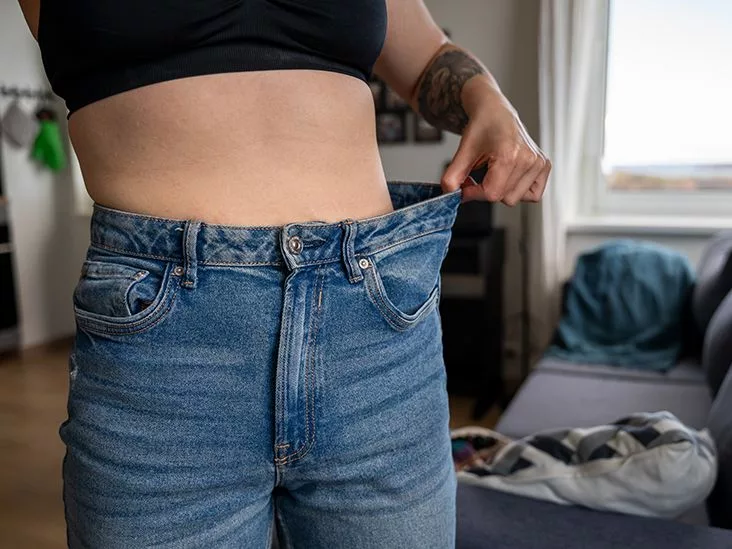




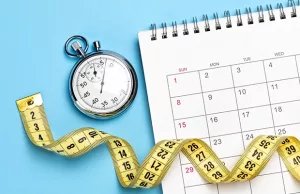

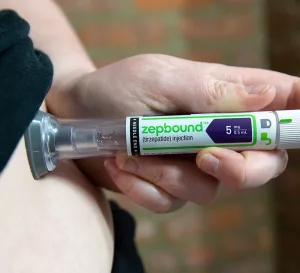

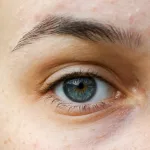




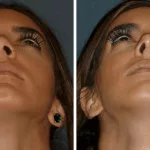


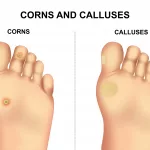






Leave a Reply
You must be logged in to post a comment.